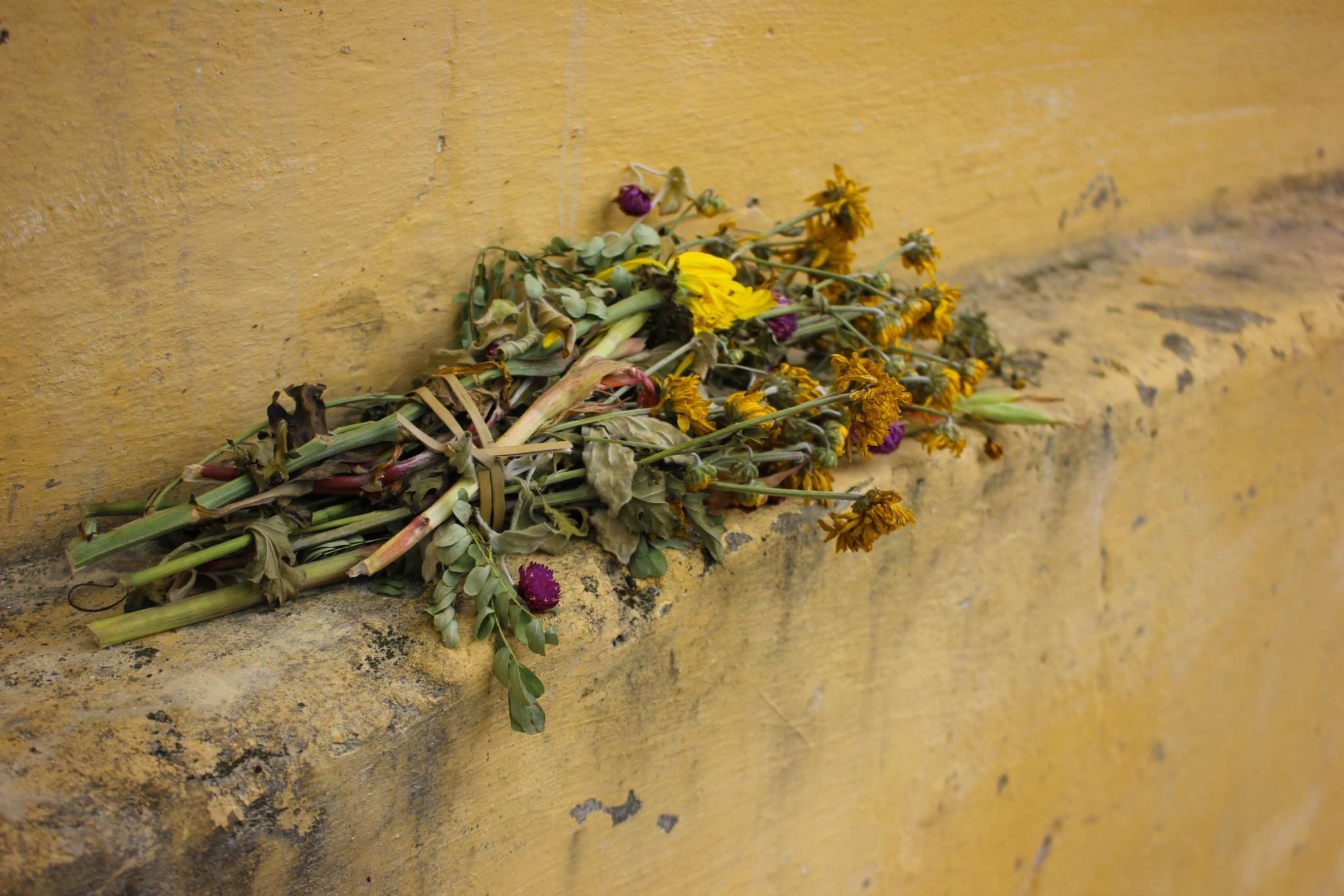Last night I watched “The Testimony” (2015), a powerful short-documentary that chronicles the Minova Trial, the largest rape trial in the history of the Democratic Republic of Congo. The film offers a glimpse into the lives of the women who suffered at the hands at the atrocity and the systematic victim-shaming and blaming that stigmatises them within the confines of their own community. Even though the narrative is based around the tribunal being the largest in the nation’s history the story is, in actuality, driven by the failure of the justice system to properly respond on more than a very superficial level. Despite thirty-nine men being placed on trial for their crimes, a mere two were convicted and sentenced.
The film touches on the lives of these women, most of whom were left by their husbands who “rejected them” because “they had lost their value and worth” at the hands of being raped. Living in a truly-democratic, justice-abiding society, it is incredibly difficult for women (or anyone for that matter) in Australia to truly appreciate the weight of what these women have experienced and the discrimination that they inevitably face. As horrifying as any case of rape would possibly be, in Australia the law is on the victim’s side, society at large highly unlikely to cast a shadow of shame on the victims themselves.
Yet the medium of the documentary is an incredible vehicle via which we can at least grapple with
and gain insight into a subject’s experience from their perspective above anyone else’s. Films such as “The Testimony” are an incredible tool for advocacy, broadening the scope of discussion in which a meaningful dialogue on the brutal rape culture of the Congo to take place on a global front. Conversations such as these are certainly not enjoyable to have, nor are the productions that bring them to the fore necessarily “enjoyable” entertainment per se . Yet it is incredibly easy to sit in the comfort of our own ignorance and reject that there are cultural norms (that stigmatise rape) and underpin many communities in corners all over the world. Instead we need to engage with and expose ourselves to these global problems by watching these documentaries, irrespective of how confronting they may be.
It’s watching programs such as these that confirm, eventually, that I’d love to be following this line of work. I’m open to exploring various elements of the media industry in my studies (even those that don’t interest me as much). In having said this, however, I really should start investigating various work experience opportunities that would facilitate developing skills and experience relevant to the aspirations that I have spoken about in this post.
